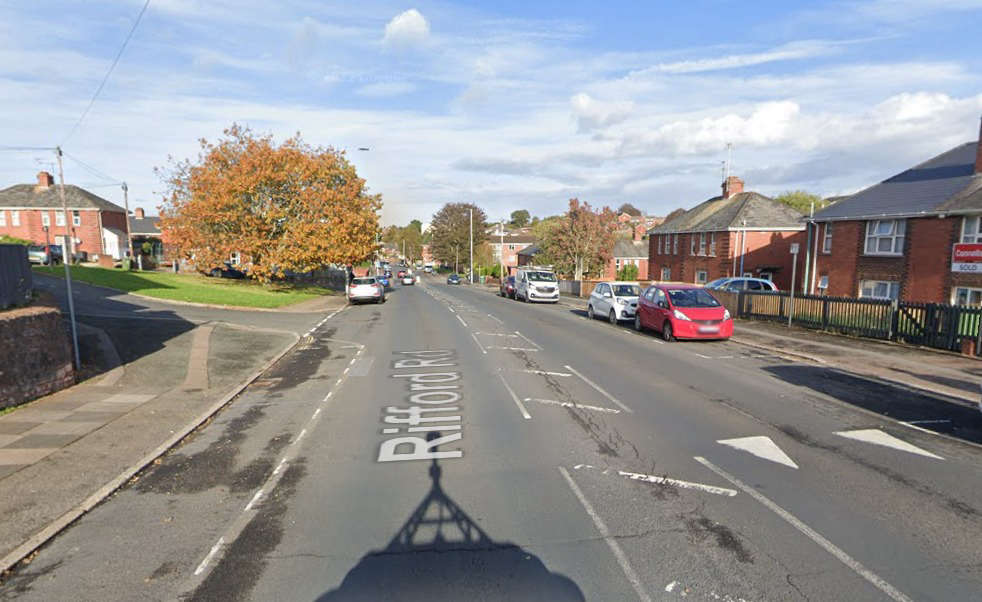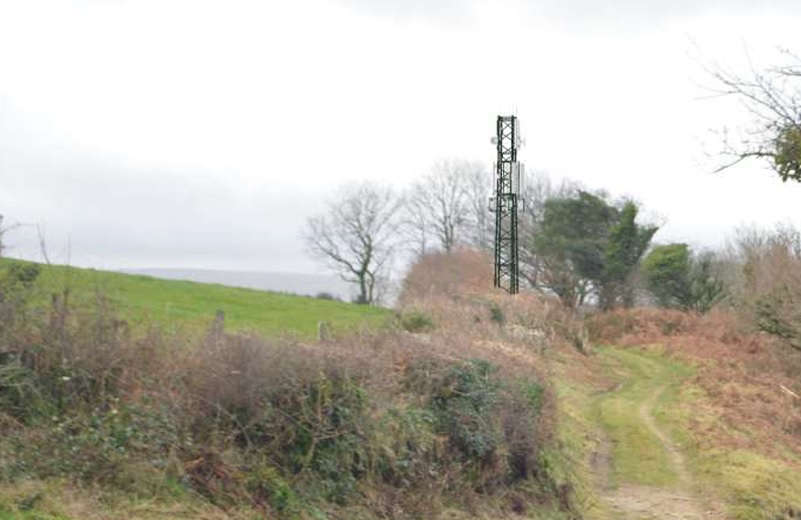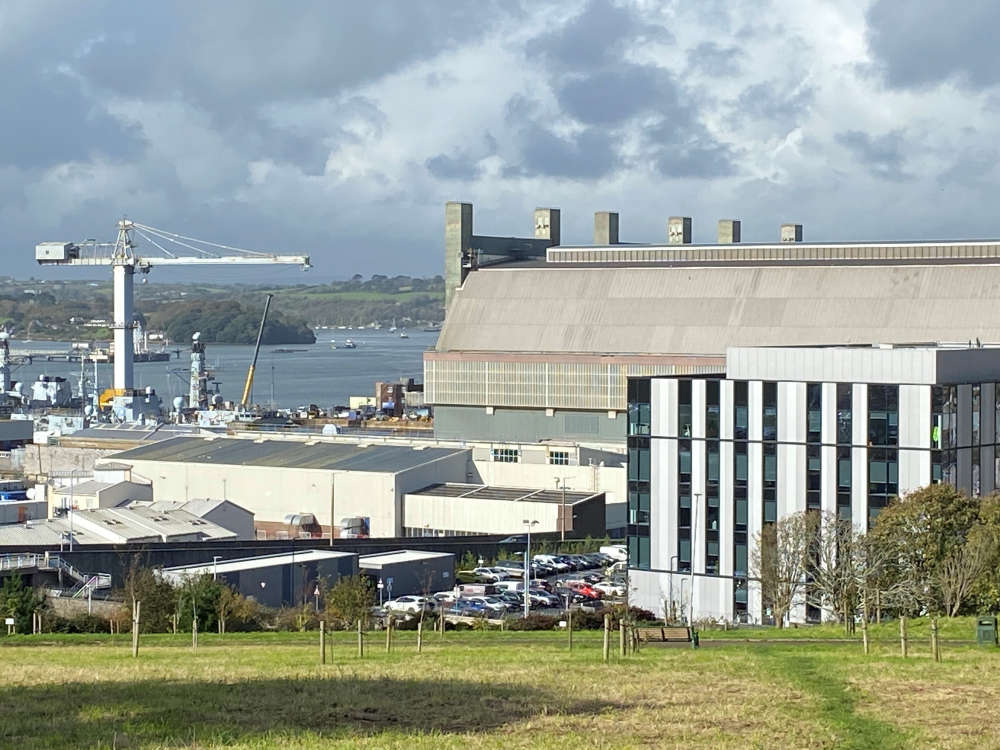
Rifford Road to benefit from £1.7 million scheme
One of Exeter’s busiest residential streets is getting a new cycle route.
Devon County Council’s ruling cabinet has approved a 700-metre stretch along Rifford Road, between Ludwell Lane and Honiton Road.
The route is said to form a crucial part of the city’s north-to-south E12 route and will create a continuous route between Polsloe Bridge station and the new railway station at Marsh Barton.
It is expected to cost around £1.7 million. Just over half will be funded by the government’s active travel grant, while the rest will come from the council and developer contributions.
Councillors rubber-stamped the scheme on Wednesday [10 May], following a recommendation by Exeter’s highways and traffic orders committee in January.
Space will be made for the two-way cycle track by removing the “unnecessary” central hatched area of Rifford Road and moving the traffic lanes and parking bays across. Two active lanes will be retained for motor vehicles.
However, it will come at the expense of 16 on-street parking spaces which will be removed to make way for the new layout. Four will be removed for new driveways requested through a public consultation.
A report acknowledged this is a “contentious issue as many residents feel the current number of parking spaces is inadequate,” adding: “Some respondents were concerned that this situation will be made worse with the removal of spaces following delivery of the scheme.”
But it claimed the proposal is “well supported, with 58 per cent of respondents stating they would use it, 34 per cent stating they would not use it and eight per cent stating they may use it.”
Recommending approval, Councillor Stuart Hughes (Conservative, Sidmouth), cabinet member for highway management, told the meeting it will enable people “to travel actively to access jobs, schools and leisure opportunities.
“The design of the route is compliant with the latest government cycle design standards. It is fully segregated – pedestrians from cyclists and cyclists from cars – providing an attractive route for all.”
He added: “The cycle route will deliver health and wellbeing benefits to one of Exeter’s most deprived wards, which has low levels of physical activity.
“It will help to maintain progress with developing Exeter’s cycle network and achieving the Exeter transport strategy target of 50 per cent of all trips to be made by walking and cycling by 2030.
Opposition leaders all supported the project, with Labour group leader Carol Whitton (St David’s & Haven Banks) saying it was “very much welcome” within the city.
The cycle track is the latest in a series of active travel [cycling and walking] improvements made to the city’s roads since the start of the pandemic, most notably the initially temporary east to west E9 route from Pynes Hill to the city centre that has since been made permanent.
A scheme to make Magdalen Road permanently one-way is also nearing completion.
 Dartmoor phone mast gets the go-ahead
Dartmoor phone mast gets the go-ahead
 Livestock processing plant refused at Shebbear
Livestock processing plant refused at Shebbear
 Devoncast - New lives for two Devon landmarks and the mysteries of AI
Devoncast - New lives for two Devon landmarks and the mysteries of AI
 Two Devon warships could be sold to Brazil
Two Devon warships could be sold to Brazil
 Devon police dog honoured
Devon police dog honoured
 Schizophrenic knifeman given indefinite hospital order
Schizophrenic knifeman given indefinite hospital order
